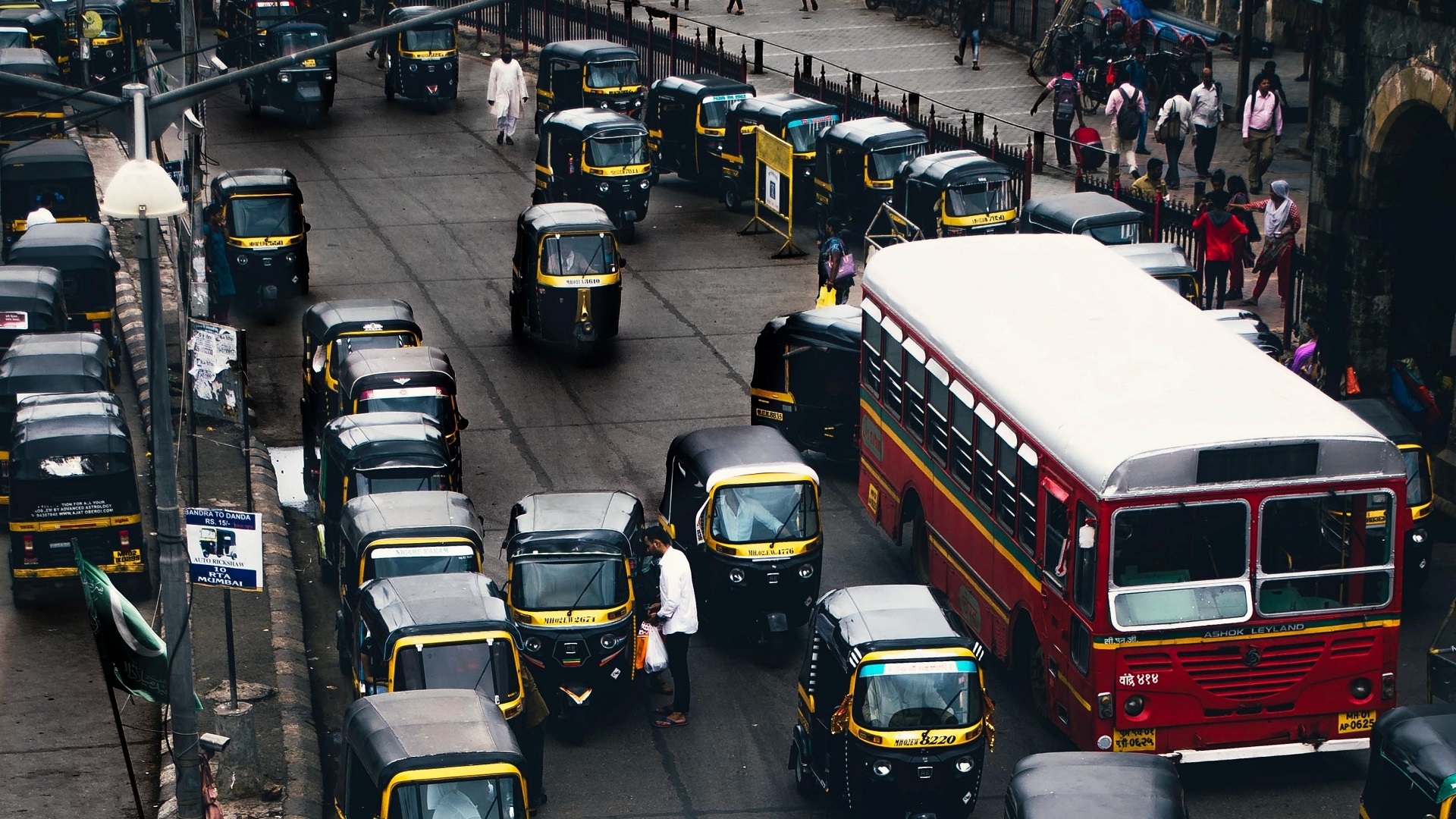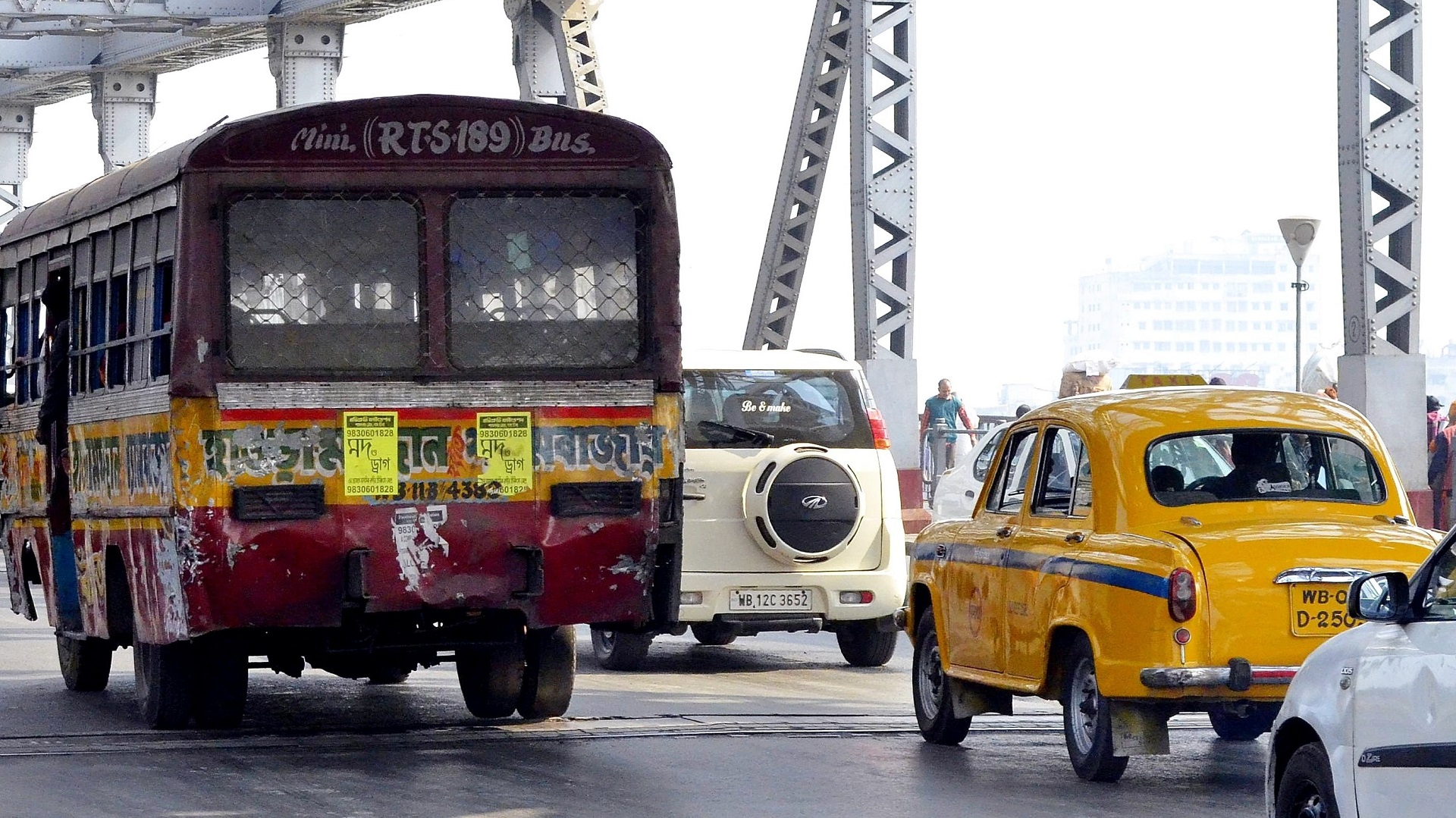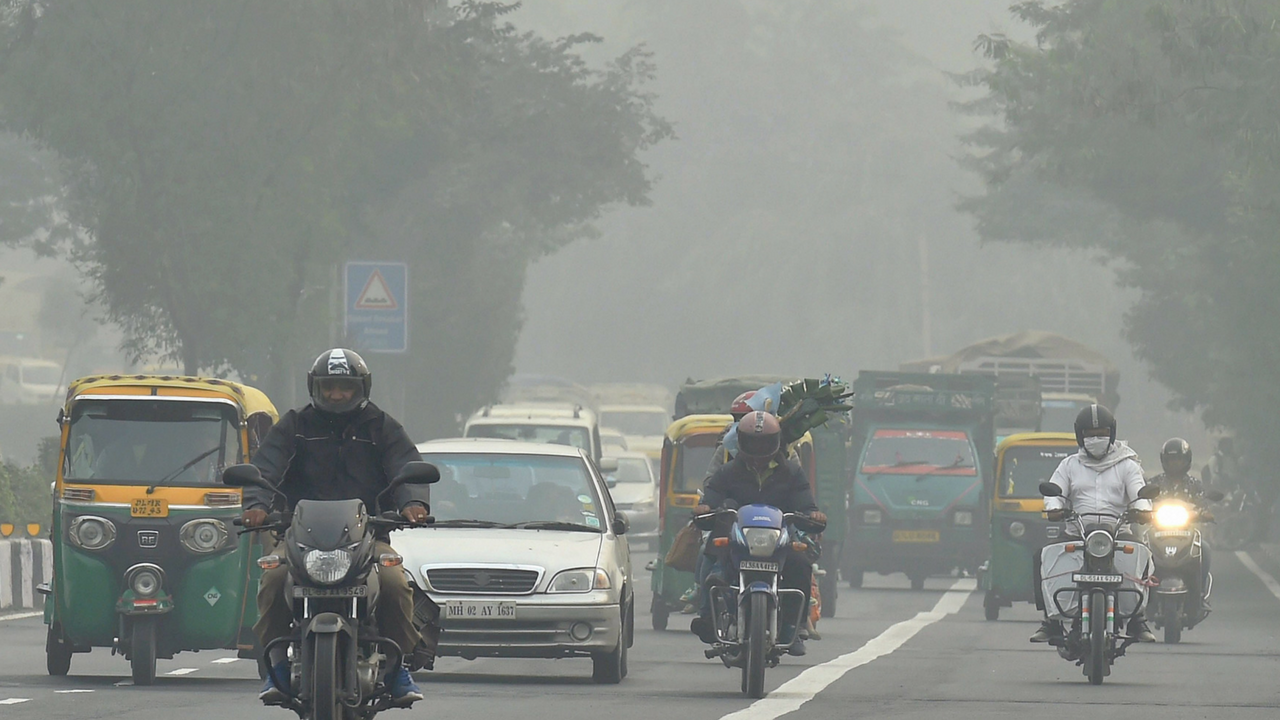Will Vehicle Scrappage Policy Have Positive Results?
By now, you probably know that the Government of India has formalised the Vehicle Scrappage Policy. A draft was issued to all stakeholders for garnering comments and suggestions earlier this year. Now, however, we’ve got something concrete. So, is it good enough to fight the two critical issues India faces? One, the never-ending rise in vehicular air pollution. And two, getting old, unsafe vehicles off the road for people’s welfare. Well, we’ll have to wait for a few years to get quantifiable answers. While we do that, let’s just revisit the policy’s main takeaways.

Who decides whether a vehicle is eligible for scrapping or not?
Not the owner, that’s for sure! The scrappage policy will only come into the equation once the original registration term is over. That’s ten years for commercial vehicles and fifteen years for passenger vehicles.
So, a vehicle’s age determines its fate?
No. A fitness test will. It’ll be conducted at one of the several automated fitness stations coming up. Once under the scanner, the vehicle will be put through multiple checks, including emissions, brakes and engine performance.
If the vehicle fails the first fitness test, the owner can reapply for a fitness test two times after that. And if the result is the same as the first one, the vehicle will be taken off the owner’s hands and scrapped.

Is it mandatory to check how fit is the vehicle?
Yes. Else, it won’t get a renewed certificate of registration. And, as you must be aware, using a vehicle without valid documents is against the law.
What happens if the vehicle passes the fitness test?
First of all, that’s a great piece of news! Secondly, the owner can apply for a renewal of registration. That’ll be valid for five years. But, there’s a catch.
Okay, what’s the catch?
Besides the re-registration fees, the owner will be charged something called a ‘Green Tax’. How much? That’ll vary from state to state. It could be as high as 50 per cent of the road tax paid in highly polluted cities. Of course, the type of fuel the vehicle uses will play a critical role in determining how steep that cess would be.

Is it a mandate for all vehicles?
No. It’s up to the owners whether they want their vehicles scrapped or not. But, to keep using them on the road legally, their vehicles will have to pass the fitness test barrier. This comes as a relief for owners of vintage vehicles.
Are there any exemptions?
Of course! How can India work without exemptions! Jokes aside, vehicles such as strong hybrids, or those running on CNG, LPG and ethanol will be exempted from the fitness test criteria. Even BEVs, or Battery-Electric Vehicles, will be excused. Weird, isn’t it? One would expect no exemptions here because the point of safety is also part of the fitness test. But, here we are.

Any monetary benefits?
Yes. There are. First of all, owners will get between 4-6 per cent of the vehicle’s ex-showroom price. However, that’s only if they get their’s scrapped at an authorised scrapping facility. Next, the government has asked manufacturers to extend a 5 per cent discount to buyers with a valid scrapping certificate of their old vehicle. Not sure how feasible this would be when that time comes. The recent trend shows that the Indian currency is depreciating, and commodity prices, such as steel, are increasing.
Apart from that, the government will waive off the registration tax on the new vehicle entirely. In addition, it’ll allow a rebate of up to 25 per cent on that vehicle’s road tax.
How will the policy benefit India as a country?
If executed properly, it can provide a much-needed boost for the automobile and metal industries. The recyclable parts from vehicle scrapping will help bring input costs down for manufacturers. Also, their sales will soar.

When will it be enforced?
All heavy commercial vehicles will have to undergo a fitness test starting April 1, 2023. For all other vehicles, including private cars and bikes, the starting date for fitness testing is June 1, 2024. Since their pool is much bigger, the mandate will come into effect in a phased manner.
So, will the policy have positive results?
Given the size of our country and the population it houses, it is near impossible to implement this policy without a stringent check. So, the government will have to develop ways, such as using innovative technology, to enforce it properly, ensuring people don’t get to ignore it. If they do, the policy becomes redundant.





